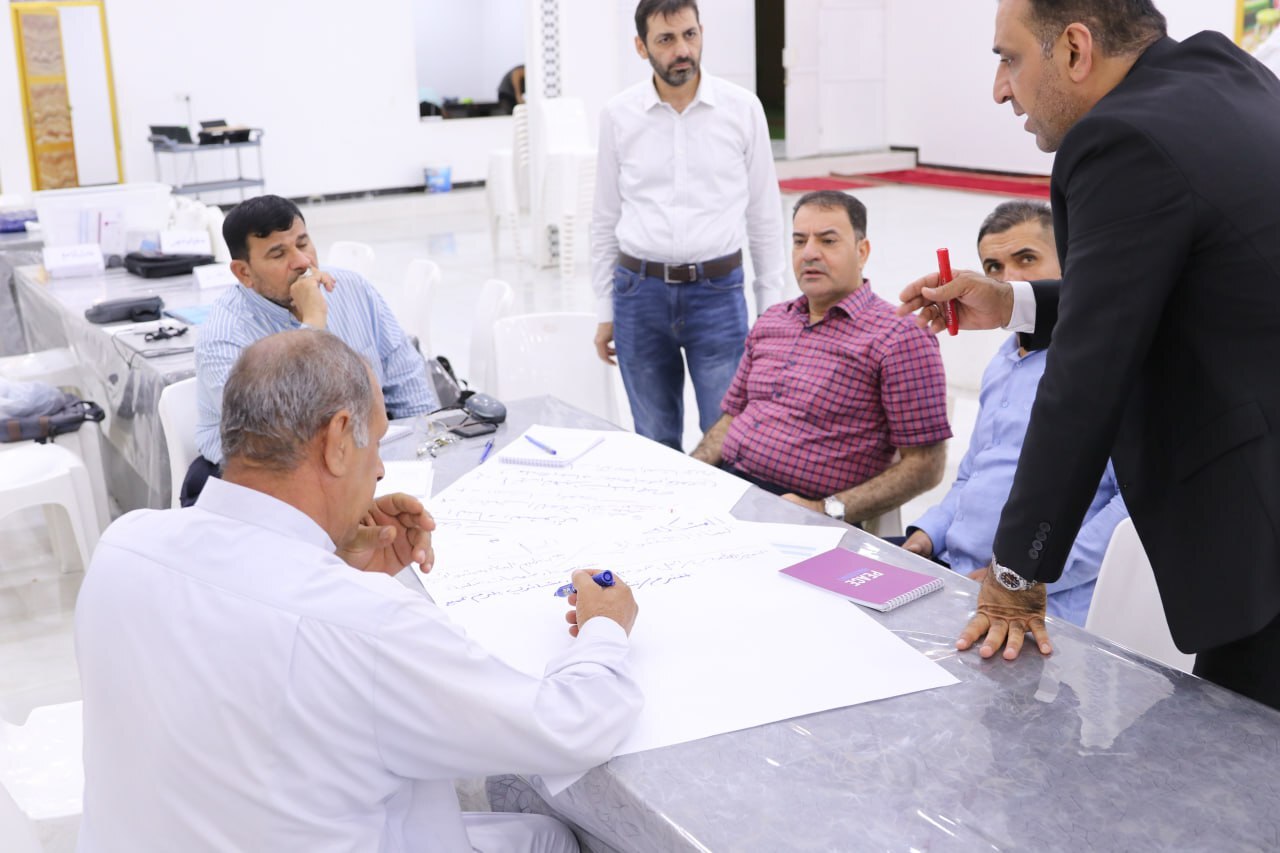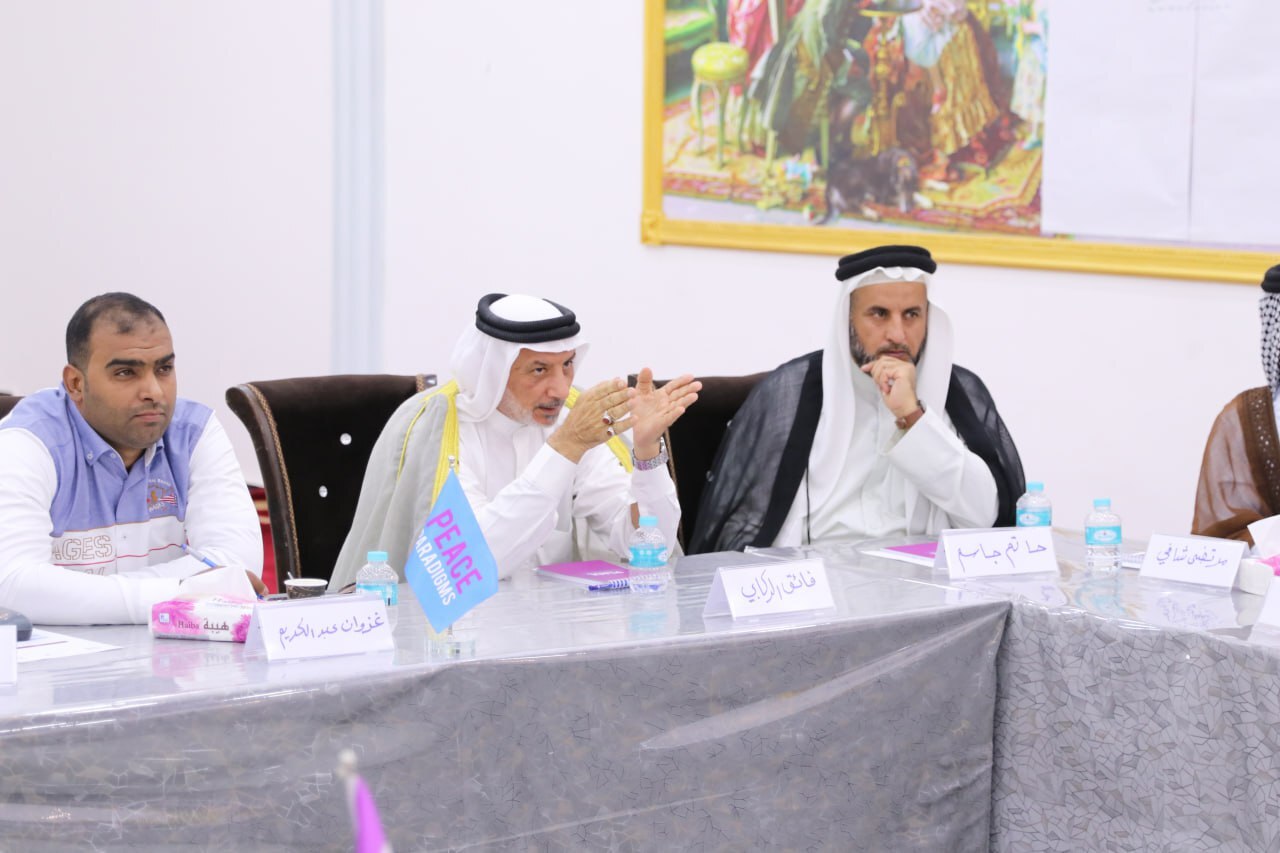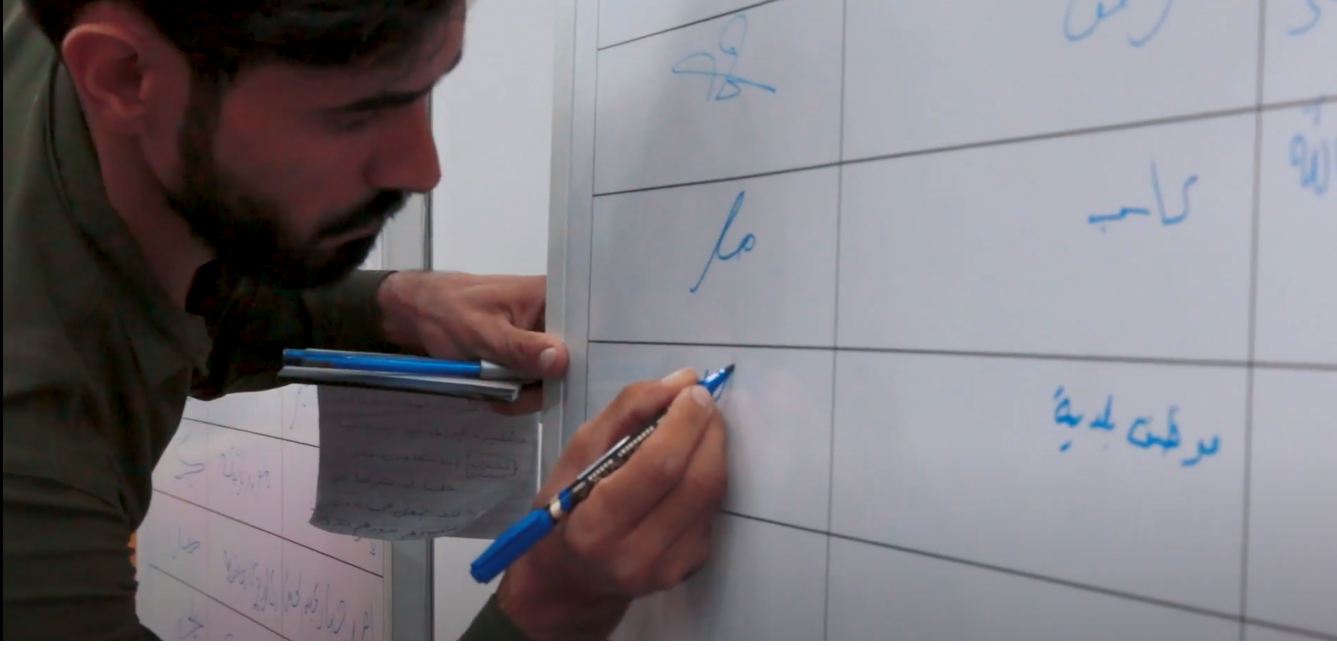STORY
Climate security dialogues bridge divides between communities in Iraq
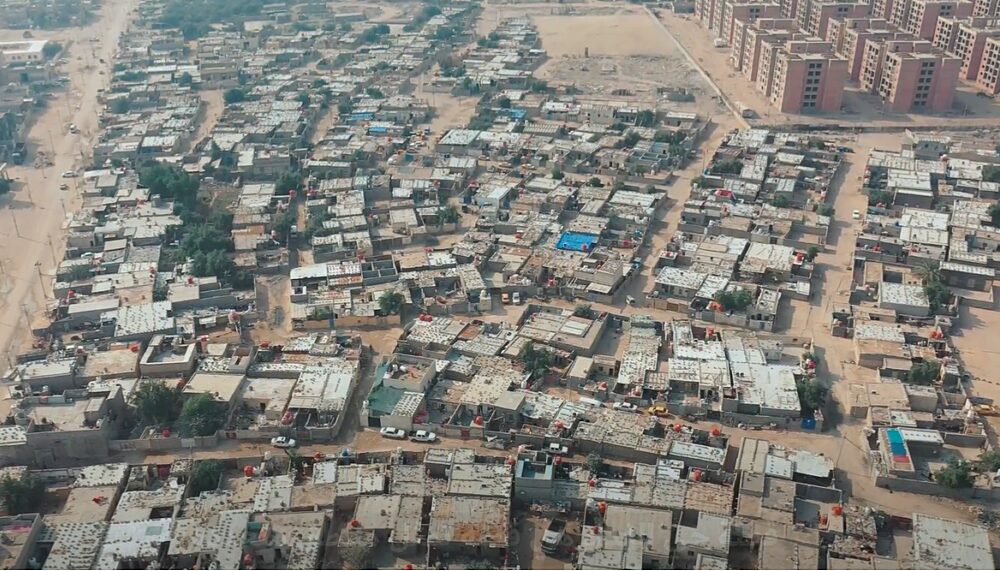
We support communities facing climate-related challenges by facilitating dialogues to address shared concerns and collaboratively develop solutions. In Southern Iraq, these efforts culminated in a social pact signed by local leaders, authorities, and residents, aiming to reduce conflicts and foster stability. This participatory process has strengthened resilience and social cohesion in the region.
Iraq is facing severe climate change impacts that are reshaping its social and economic landscape. Among those most acutely affected are the farmers in the Dhi Qar and Missan governorates. Heat waves and water shortages are becoming more frequent, leading to increasing levels of crop failures and livestock losses. With their livelihoods at risk, many young farmers abandon their farms and migrate to urban centres like Basra (detailed view of the governorate map). There, they often find themselves in informal settlements without water, electricity, or job opportunities, and at risk of being driven to illicit economies or violent activities.
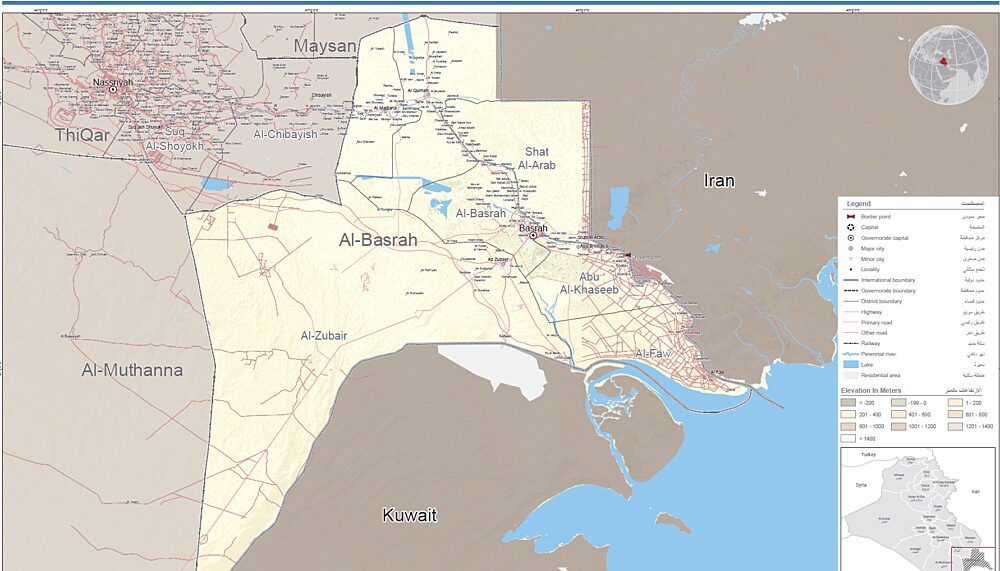
This urbanisation and the resulting competition over scarce resources strain local services and exacerbate tensions between new arrivals and host communities. Local governments, with low levels of trust and limited conflict management mechanisms, are often unequipped to deal with these challenges. At times, these tensions escalate into incidents of violence between and within communities.
Integrating climate and environmental security into dialogues to transform tensions
Over the past two years, the Berghof Foundation and its Iraqi partner Peace Paradigms Organisation (PPO) have been integrating climate and environmental security into dialogues to address this complex problem – among others in Al-Fidha neighbourhood in the Al-Zubair district, located in the Basra governorate.
Through the dialogues [implemented by Berghof and PPO], we are currently trying to counter these incidents which are caused by these big community changes. That’s why we have chosen Al-Fidha neighbourhood as a model for a diverse society. Understanding and accepting others is the fundamental element in confronting tensions and conflicts.
Participant at our dialogue in Al-Zubair
Our work began by listening to the needs of the new arrivals and the host communities. Separate sessions were held where members of both groups were able to express their experiences, needs and grievances. It quickly became clear that each group had their fears and concerns. Host communities accused new arrivals of bringing tribal conflicts and crime to their city, while new arrivals reported facing discrimination and violence.
As a next step, we organised dialogues between various communities about several topics, foremost individual and collective fears and concerns. Additionally, the dialogues addressed the effects of climate change and how to develop a common approach to these issues. Underlying this approach is the empirically tested assumption that dialogue can help to overcome these feelings of aversion, foster understanding of diverse perspectives and encourage learning from others' experiences. Through dialogue, participants are given the space to work towards a common understanding, break down stereotypes, and build meaningful relationships.
This dynamic could also be observed with the participants of the dialogue in Al-Zubair. During the dialogue, both groups began to identify shared needs and risks to their livelihoods, such as lack of services, unemployment, and school kidnappings. Participants also recognised climate change as a shared challenge that exacerbates crop failure, water scarcity, and the increased need for electricity, especially in hotter months for air conditioning. Lastly, women from both communities reported an increased threat of gender-based violence, suggesting that this rise in violence is related to the climate-induced loss of livelihoods and lack of future prospects.
The communities signed a social pact to address climate-related security risks
The communities then took their shared concerns to the mayor, a member of the Iraqi Parliament representing Zubair, local authorities, community police, and tribal and religious leaders, with the aim of collaboratively tackling the most pressing issues and mitigating climate-related risks. The process and mechanism to jointly design and implement solutions were formalised in a social pact that was signed by all dialogue participants. This represents the first-ever pact in Al-Fidha neighbourhood addressing conflicts and tensions between both communities.
The pact outlines a set of principles which can translate into a comprehensive set of measures aimed at reducing conflict and fostering stability in the area. The participants agreed that they should reduce mutual accusations between new arrivals and the host communities to enhance the sense of belonging for all communities living in Al-Fidha neighbourhood. Simultaneously, leaders began emphasising the importance of collaboration to address the shared challenges posed by climate-related security risks. Furthermore, the police have increased patrols around schools to reduce crime and enhance security, ensuring that children can pursue education as one viable pathway to alternative livelihoods.
Promoting communal peace and harmony among all the members of Al-Fidha neighbourhood is a shared responsibility between all community, security, administrative and religious actors.
Participant at our dialogues in Al-Zubair
Through this participatory process, the dialogue managed to instil a sense of ownership and responsibility in both the communities and authorities to address climate-related security risks. Dialogue participants have highlighted how the joint assessment of the cascading effects of climate change and a shared commitment to developing practical solutions have helped strengthen both resilience and social cohesion in Al-Fidha neighbourhood.
The overwhelmingly positive feedback from dialogue participants led to the adoption of a larger-scale approach to cover more neighbourhoods in Al-Zubair. The Berghof Foundation and PPO plan to further expand this dialogue initiative to enable even more people to participate in efforts toward peace and climate security.
Your support helps us do more
So much money is spent on war. It’s time to invest in peace. Your donation enables us to sustain and expand our work.
